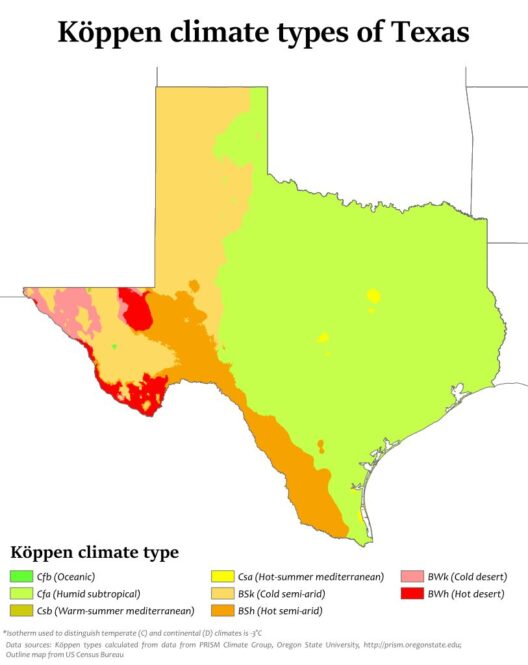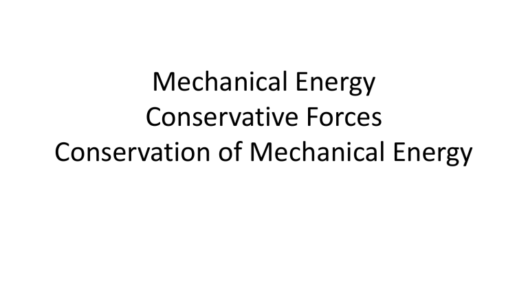Conservation of energy is a concept that transcends mere scientific inquiry; it resides at the nexus of ecological sustainability and ethical responsibility. While many may connote the term with a set of scientific laws and principles, at its core, ‘we’ as a collective society must redefine our relationship with energy. What does conservation of energy truly mean beyond physics? How does this notion compel us to rethink our daily practices, policies, and philosophies regarding energy consumption? Let’s delve into the multifaceted nature of energy conservation and the promise it holds for sustainable futures.
Energy conservation can be succinctly defined: it involves reducing energy consumption by using energy more efficiently or adopting alternative energy practices. The concept stems from the fundamental law of conservation of energy, which posits that energy cannot be created or destroyed but can only change forms. With the looming threats of climate change, fossil fuel depletion, and rising energy costs, it becomes paramount to adopt practices that not only reduce our energy impact but also reshape our consciousness regarding energy usage.
To reassess what we mean by conservation of energy, we must first explore its societal implications. The phrase ‘we’ encapsulates communities, industries, and nations collectively charged with the responsibility to minimize unnecessary energy consumption. Individual actions, from switching off lights when leaving a room to selecting energy-efficient appliances, contribute to a larger tapestry of collective action. Thus, conservation transcends personal obligation and evolves into a shared commitment to a sustainable paradigm.
Central to the notion of conservation is an understanding of the various tiers at which energy conservation can manifest. Firstly, personal energy conservation practices are critical. Committing to energy-efficient habits can start as simply as turning off electronic devices when not in use or utilizing public transportation to diminish carbon footprints. Furthermore, adopting renewable energy solutions, such as solar panels or wind turbines, serves dual purposes: reducing reliance on fossil fuels while simultaneously fostering a sense of agency among individuals.
In tandem with personal efforts, organizational commitment to energy conservation forms a significant portion of the narrative. Businesses can implement energy-efficient technologies to reduce waste and lower operational costs. Moreover, establishing energy-saving protocols fosters a culture of sustainability within the workplace, encouraging employees to partake in energy conservation efforts. This communal approach to energy efficiency can lead to substantial reductions in overall energy consumption across various sectors, showcasing the potential for synergistic impacts.
On a macro level, governmental policies play an instrumental role in strategizing energy conservation initiatives. Legislation aimed at reducing greenhouse gas emissions and promoting renewable energy sources reflects an awareness of the urgency surrounding conservation measures. Policies can incentivize the adoption of clean energy technologies while simultaneously imposing stricter regulations on industries that rely on inefficient energy practices. This dichotomy emphasizes the necessity for policy-makers to align economic interests with ecological imperatives, thereby re-envisioning the landscape of energy utilization.
Moreover, the intersection of education and awareness is pivotal in realizing the ethos behind conservation of energy. A society that comprehends the environmental ramifications of their energy choices is more likely to engage in stewardship practices. Educational institutions and advocacy groups can galvanize efforts to produce a knowledgeable citizenry that actively participates in energy-saving initiatives. Public workshops, seminars, and campaigns serve to illuminate the vital connection between energy conservation and ecological health.
As we navigate this discourse, it is crucial to emphasize the global context of energy conservation. The disparity in energy resources and consumption patterns across nations highlights an urgent call for collective action. While developed countries often operate on high energy consumption levels, emerging economies frequently grapple with energy access challenges. Therefore, an equitable approach to energy conservation should not only focus on reducing consumption but also strive to provide sustainable energy solutions to all corners of the globe.
Moreover, technological advancements have introduced innovative pathways for energy conservation. From smart home systems that regulate energy use based on consumer habits to groundbreaking developments in energy storage, the future promises a myriad of options for enhancing efficiency and minimizing waste. By embracing and integrating such technologies, ‘we’ can augment our understanding of energy and its conservation.
While the future appears bright with possibilities, it is essential to remember the challenges that lie ahead. Cultural inertia, economic barriers, and systemic resistance must be navigated and dismantled for a comprehensive approach to conservation to be instituted. Adoption of new paradigms may encounter skepticism; however, resilience and adaptive strategies can engender significant shifts in public perception and policy. Acknowledging that energy conservation is not merely a technical fix but a profound shift in ideology is crucial.
Ultimately, what does ‘we’ mean by conservation of energy? It portrays a collective consciousness bound by a commitment to sustainability, responsible consumption, and ethical stewardship of resources. This narrative is not just about abstract scientific principles; it is an invitation to rethink our choices and behaviors regarding energy at all levels of society. Each one of us possesses the intrinsic capability to contribute to this transformative journey, enveloped in the promise of a harmonious coexistence with our planet.
By intertwining individual efforts, organizational protocols, governmental legislation, and educational endeavors, we move towards a more sustainable trajectory. The call for energy conservation is not just timely; it is essential. The collective ‘we’ must unify in action, curiosity, and inspiration to cultivate an enduring legacy—one that honors the necessity of conserving energy for generations to come.







